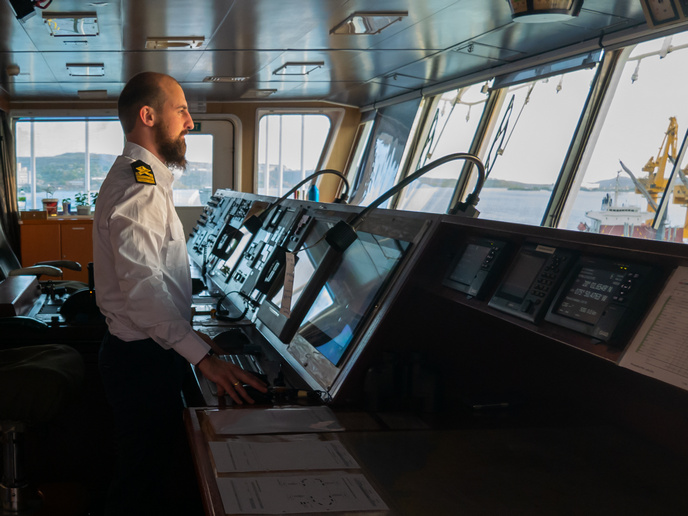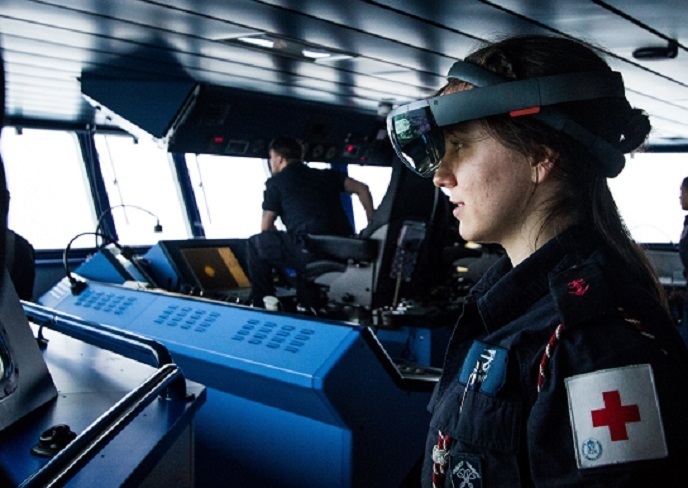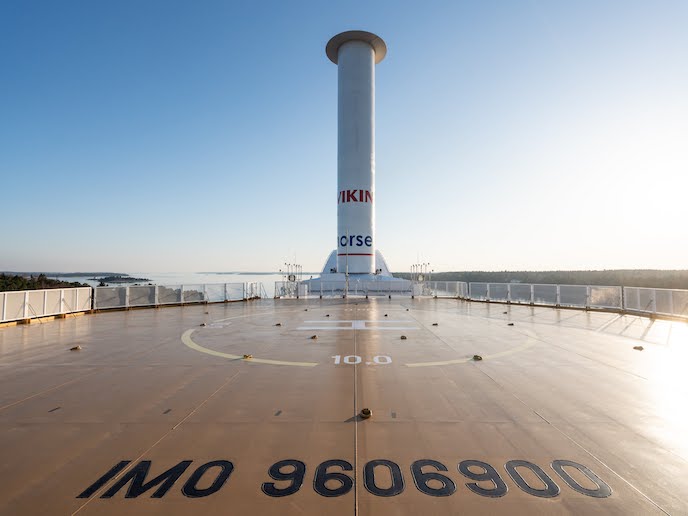Establishing European leadership in autonomous shipping
Autonomous ships, equipped with operating systems capable of making decisions and determining actions by themselves, have the potential to achieve significant fuel and crew efficiencies. Their construction and deployment represents an important step towards achieving zero-emission shipping. In 2018, global shipping emissions(opens in new window) represented 1 076 million tonnes of CO2, and were responsible for around 2.9 % of global emissions caused by human activities. “Europe’s specialised shipbuilding industry is well-placed to develop autonomous ships that can operate more sustainably and efficiently,” explains AUTOSHIP(opens in new window) project coordinator Marco Molica Colella from CiaoTech – PNO Group(opens in new window) (website in Italian) in Italy. “This would mark a critical step towards a greener, more sustainable maritime future.”
Comprehensive shipping digital upgrade
The main goal of the EU-funded AUTOSHIP project was to boost Europe’s autonomous shipping capabilities by demonstrating cutting-edge innovations on two vessels, developed by project partners Eidsvaag(opens in new window) (website in Norwegian) from Norway and Zulu Associates(opens in new window) from Belgium. Key capabilities installed included navigation as well as secure operations such as automated mooring and docking. “We implemented a comprehensive digital upgrade,” says Molica Colella. “This was integral to ensuring that our autonomous vessels not only met current standards, but represented the future of maritime operations.” Beyond the development and integration of these technologies, the project also carried out in-depth research into ensuring operational security. Cost-benefit assessments were also carried out to show the benefits of automation to the maritime sector. “This work was crucial for convincing stakeholders of the viability of autonomous shipping,” notes Molica Colella.
Automated capabilities successfully demonstrated
The two ships demonstrated their automated capabilities in two key fields of operation – short sea shipping (the transport of goods over relatively short distances) and inland waterways (navigation through lakes, canals and rivers). The ZULU Class2 Pallet Shuttle Barge, for example, successfully navigated the inland waterways around the major Belgian port of Antwerp. The short sea shipping test involved transporting fish feed from factories out to fish farms along the Norwegian coast. “These two pilots were the first to implement such technology at this scale,” says Molica Colella. “This marks a critical milestone in the adoption of autonomous shipping technologies.” A comprehensive roadmap(opens in new window) towards the development and adoption of automated ships has since been published. This summarises the key project results, and also provides actionable insights for applying technological advances to other use cases.
Efficiency, sustainability and autonomy
Moving forward from the project’s achievements, next steps will include further refining autonomous shipping innovations, and increasing their application within the maritime industry. To achieve this, new projects have been launched to build on AUTOSHIP’s successes. One such EU-funded project, called SEAMLESS, will focus on enhancing autonomous shipping technologies such as remote control. “This aims to encourage the large-scale adoption of autonomous shipping, using AUTOSHIP’s advances in navigation, situational awareness and communication,” adds Molica Colella. Another EU-funded project, called ReNEW, will introduce an innovative autonomous barge, the ZULU X-barge, to demonstrate resilient inland water transport through digitisation. “We hope that the long-term legacy and benefits of the AUTOSHIP project will be its enduring impact on other research and industrial projects,” remarks Molica Colella. “This project has laid the groundwork for further innovations, and contributed to the evolution of the maritime industry towards greater efficiency, sustainability and autonomy.”






